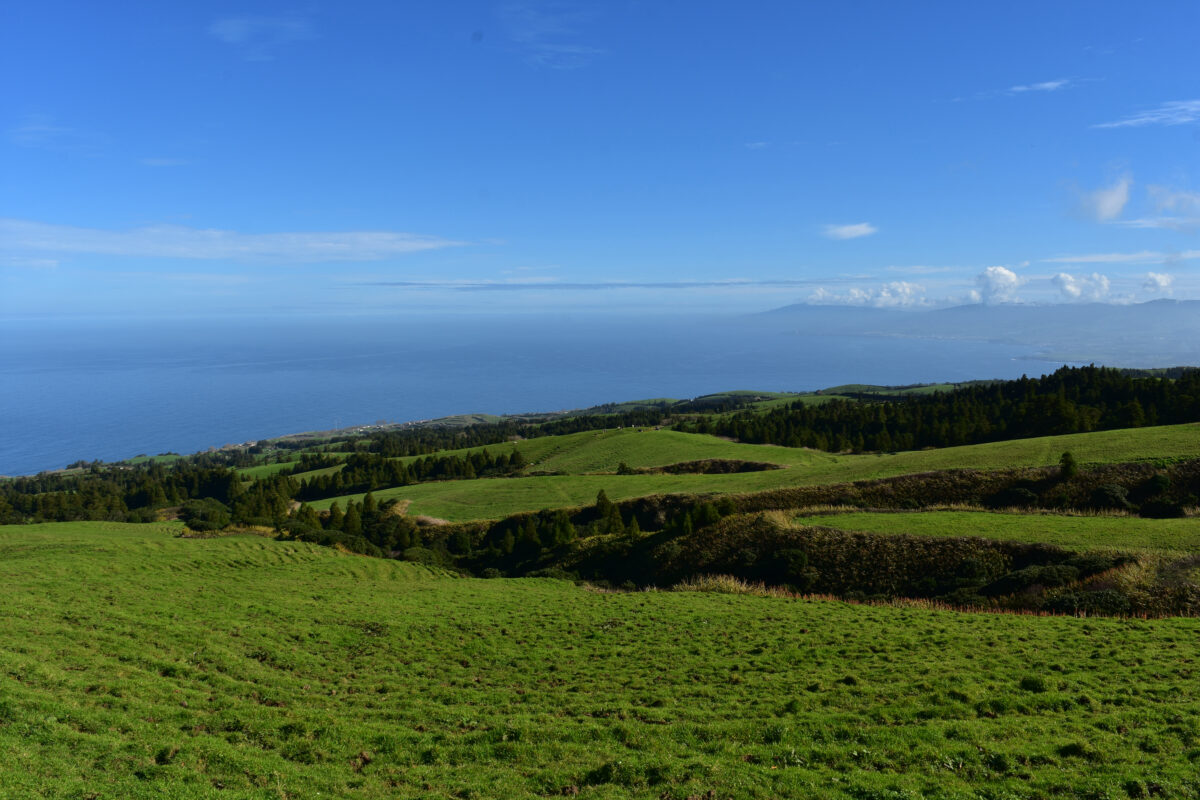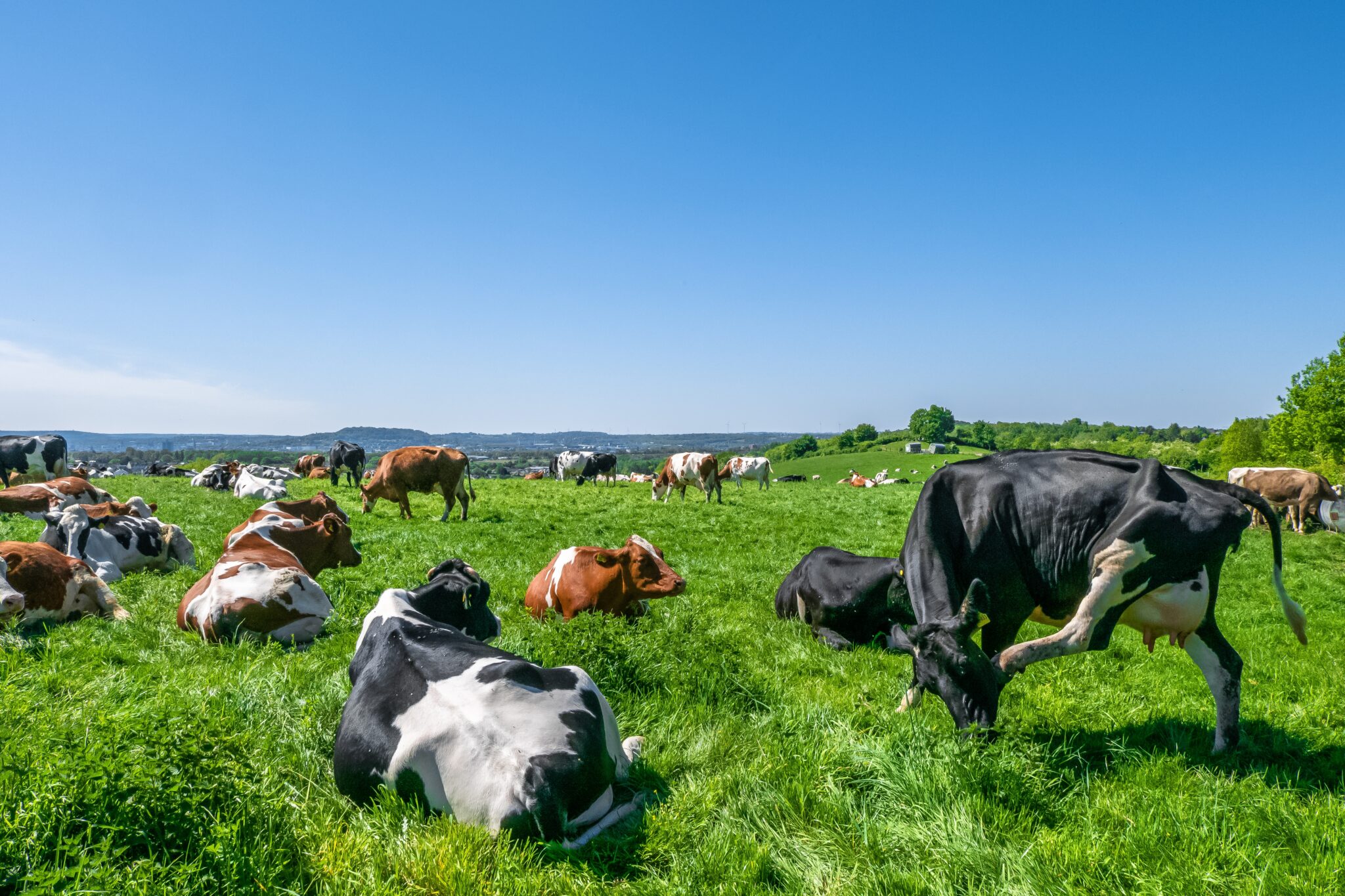Innovating the future of NZ’s dairy

- Written by
- Harri Sharman
Contributing more than 20 billion litres of milk per year to the global dairy industry and generating more than $18 billion from exports last year alone, dairy is a shining jewel in the New Zealand economy. Yet this sector is also facing several challenges. Health and wellness concerns, growing awareness of dairy farming’s impact on the environment, and the rising trend toward plant-based diets are major obstacles to the future of the industry. Fortunately, several Kiwi businesses are creating innovative solutions.
Greener pastures?
The ramifications of extensive dairy farming on the environment are well known. Synthetic fertilisers used for intensive dairy farming runoff into nearby water sources, causing poor water quality, pollution, and disrupting local ecosystems. Damning reports show more than 80% of New Zealand’s low-lying lakes and rivers are in a poor or very poor condition. Vast amounts of water are needed in traditional dairy farming, causing further strain on this capped resource.
The final straw on the cow’s back is the volume of greenhouse gases processing plants and the animals themselves emit – coal is still burned by many processors to turn liquid milk into profitable, export-friendly milk powder. While Fonterra has committed to exit coal entirely by 2037, critics argue this may be too late.
Christchurch company Happy Cow Milk have created a way to take milk from the farmer straight to the consumer with an innovative “milk factory in a box”. While removing steps in the supply chain, it also means less plastic, as farmers can supply fresh, pasteurised milk direct to cafes, retailers, and schools in refillable, stainless-steel vats. The creators say the technology enables farmers to have smaller herds and encourages more sustainable polyculture.
Healthier herds One way to help farmers reach emission reduction goals is by increasing the efficiency and quality of their stock. Resilient Dairy is a research programme supported by MPI and DairyNZ, aimed at improving cow productivity through disease management technologies and competitive breeding via genomic enhancements. The programme will provide key research and development work to drive the sustainability and resilience in our national dairy herd.
Farmers can now proactively monitor the health of their existing cows, improve pasture utilisation, and reduce labour demands by using an innovative technology from Kiwi-founded Halter. Halter’s smart collars translate human intentions into signals the cow can understand, and animal behaviour into insights about its welfare.
The collars enable “virtual fencing”, the ability to move and control where a cow goes without invasive techniques and to allocate the correct amount of grass per cow while maximising grass quality. The collars also monitor the health of each cow, alerting farmers to potential issues much earlier.
Cheese please – hold the cow
While some are advocating a shift away from dairy and animal products entirely, many believe as long as there is demand for food, there will be demand for dairy products. How those products are created may look quite different if dairy disrupters like Daisy Lab have their way.
This Auckland-based biotech startup uses the concept of precision fermentation – using microorganisms to break down sugars to create milk proteins such as casein and whey without the need for a cow. Their current research focuses on producing cheese, yoghurt and ice cream that have the same taste and mouthfeel as those traditionally made with cows’ milk. This could reduce hesitance in some consumers switching to plant-based substitutes, as they would be virtually indistinguishable from the real thing.
There may well be a future for New Zealand’s dairy industry after all, if the combination of these great innovations can help reduce the need for large farms and intensive practises.
By embracing a holistic view of dairy and how farms can positively impact the environment, New Zealand’s dairy industry is in a unique position to be at the head of the herd.
